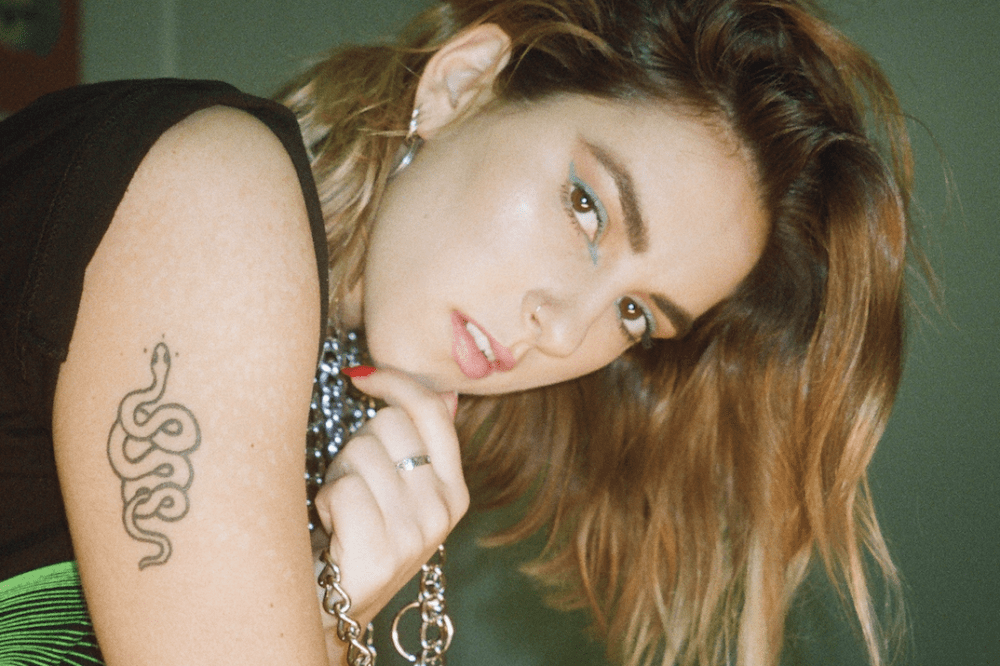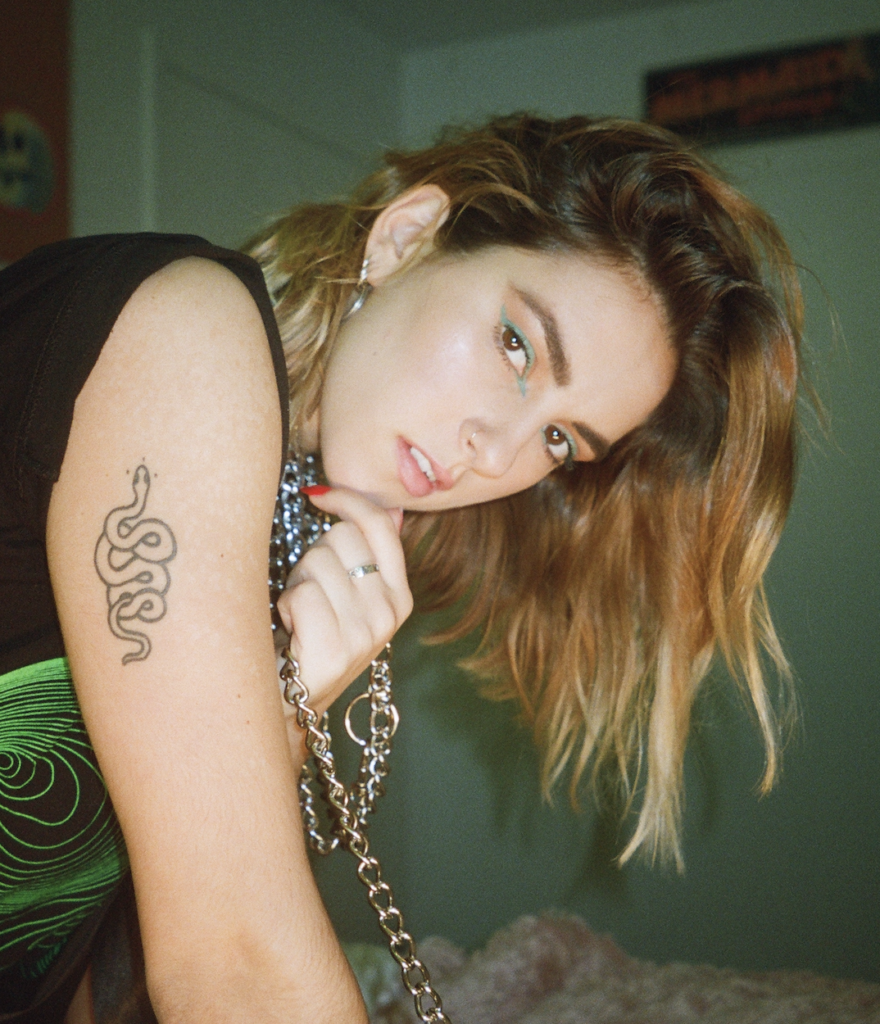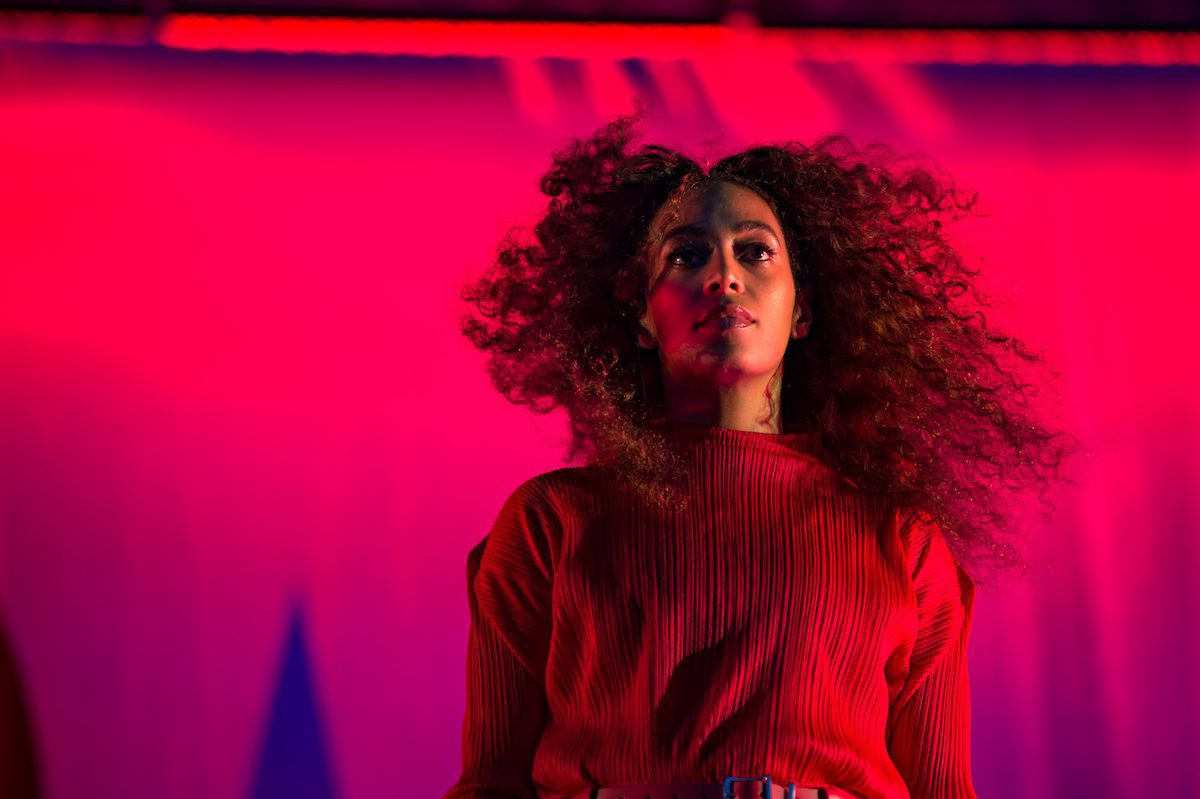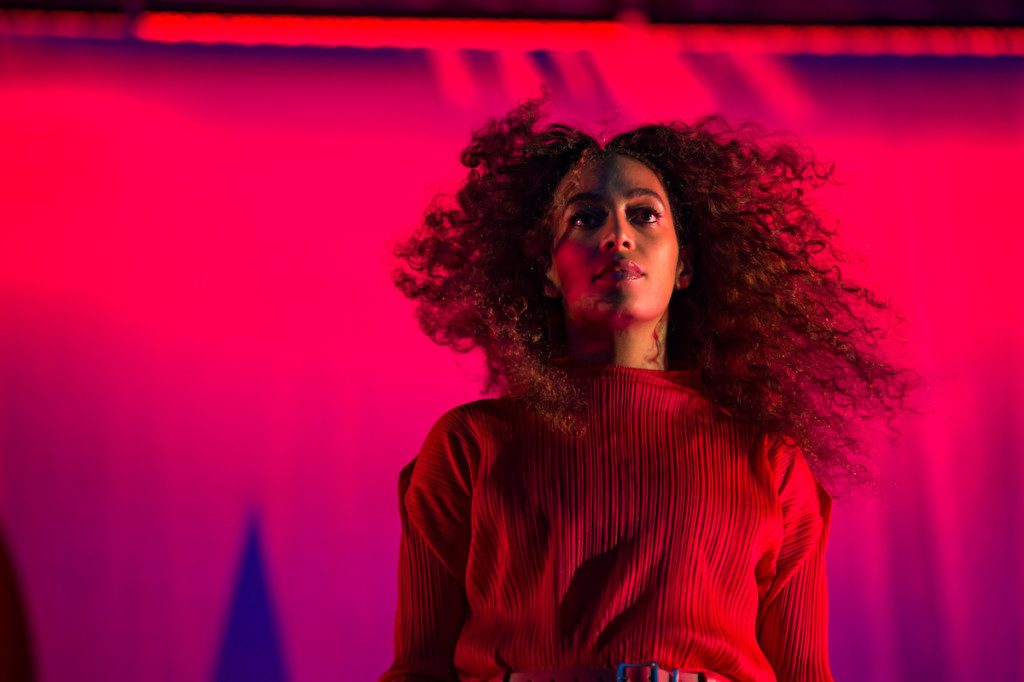8 Songs Celebrating Female Masturbation, for Better or Worse


Over the past few years, female masturbation has gone from a total taboo to a popular topic among those looking to add a little ~edge~ to their art. We haven’t made it all the way to normalizing the act, but we have reached this weird middle stage where singing or writing about it is deemed a bold, avant-garde choice. That’s a far cry from the casual way we depict male masturbation, which is just assumed to happen rather than made into some sort of statement, but it’s a step above not talking about it at all.
Now that references to flicking the bean, jllling off, klittra, or whatever you want to call it are seeing the light of day, artists are scandalizing everyone’s pants off with music about female masturbation. Here are some songs that tackle the topic head-on without beating around the bush (sorry, I had to).
“Love Myself” by Hailee Steinfeld
At first listen, then-18-year-old Steinfeld’s first single sounds like a self-love anthem… until you listen closely and realize it’s a self-love anthem. Really, it’s both. “Gonna love myself, no, I don’t need anybody else,” she sings. What’s cool about the song and surprisingly G-rated video is that Steinfeld isn’t portraying herself as dirty, “slutty,” or sexy. Her innocent image conveys that masturbation isn’t just for “bad girls” – it’s for girls working toward loving and taking care of themselves… so, all girls. It’s admittedly a bit cheesy with her “self-service” shirt and lines like “I know how to scream my own name,” which don’t exactly portray female masturbation accurately (unless anyone does that? I’m willing to be proven wrong), but her decoupling of female masturbation from the male gaze makes me forgive her.
“Solo” by Clean Bandit Feat. Demi Lovato
This annoyingly catchy song exemplifies the biggest problems with the ways we talk (and, now, sing) about female masturbation. “I do it solo” is supposed to be some sort of scandalous revelation on Lovato’s part: OMG, she does what solo?! Not to mention, she presents masturbation as a mere consolation for when her ex is not around. We don’t get the impression that her sexuality exists independently of men; we learn that she’s sexual in response to them and uses her hand/vibrator/whatever as a less-than-ideal penis substitute. But truthfully, I lost all hope for this song the moment she started singing “whoop whoop” instead of “fuck.”
“Action” by Von
“Sex-positive synth pop” artist Von took the act of turning female masturbation into music to the next level by making a song out of her orgasm. I mean this literally: She used an app called Lioness to measure her orgasmic contractions, displayed them on a graph, and then used the wave pattern as the basis for the bass beat. The result is a song about sexual independence, with lyrics like “don’t need you to make it happen / one-woman show with the action.” By turning female pleasure into something as accessible as a song, Von aims to give people an easy avenue to talk about it. And by portraying female masturbation based on its internal motions and sensations, rather than its appearance, she presents it in a way that can’t be objectified.
“I Don’t Need a Man” by The Pussycat Dolls
In a similar vein, The Pussycat Dolls declare in this track that they “don’t need a man to make it happen” and “get off on being free.” Even better, they use these lines to shut down guys who think their dicks are God’s gift to womankind. If those lyrics don’t make that crystal clear, “I can get off when you ain’t around” should do it.
“I Touch Myself” by Divinyls
The OG of female masturbation anthems was progressive during its 1990 release for acknowledging that female masturbation is a thing, though it’s expectedly not the most progressive on the list today. Like Demi Lovato, Chrissy Amphlett sings about self-love sessions inspired by a particular love interest — and not only that, but she will fantasize about him and him only, playing into the stereotype that sexual desire is deeply intertwined with love for women. Even in her solo sex life, the man she’s singing about has a monopoly on her mind. The lyrics aren’t the most empowering either; the opening line “I love myself” is undermined by the subsequent “When I feel down, I want you above me / I search myself, I want you to find me / I forget myself, I want you to remind me.”
“She Bop” by Cyndi Lauper
Another classic entry on the list, Cyndi Lauper’s third single from 1983 debut She’s So Unusual was partially responsible for the creation of the Parental Advisory Sticker. The song never makes outward mention of its true subject matter; Lauper said she wanted to maintain the illusion that it was just about dancing for younger listeners. But she also claimed in an interview with Howard Stern that she recorded its vocals in the buff.
“Hump Day” by Miss Eaves
This infectious track is notable not just for confident lyrics like “I know best. I know better / I’m killing this, a real go-getter” but also for a video where Miss Eaves sings in a suggestive cat hoodie while several other women mimic their masturbation faces. They weren’t actually pleasuring themselves in the video, but as Miss Eaves has said, it’s “really good method acting.” With a diversity of women and explicit lyrics, it’s a refreshing break from songs like “Solo” and “I Touch Myself” that make masturbation either a substitute for men or a performance for them.
“Feelin’ Myself” by Nicki Minaj Feat. Beyonce
“Feelin’ Myself” takes on a double meaning here, with masturbation a metaphor for Queen Bey and Nicki Minaj owning their power and being proudly “masculine.” As an astute Genius.com user has pointed out, it may be inspired by Minaj’s “Come on a Cone” line, “I’m not masturbatin’, but I’m feelin’ myself / Paparazzis is waiting, ’cause them pictures will sell.” Whether it’s taken literally or metaphorically, the song gives women permission to be bossy, loud-mouthed, and a bit full of themselves. And, of course, to masturbate.



